New York, Sept 25 (V7N) – Professor Muhammad Yunus, Chief Adviser, urged global leaders to increase financing to achieve the Sustainable Development Goals (SDGs), emphasizing the creation of an economy of dignity, prosperity, and stability where no one is left behind. He stressed that addressing global poverty, inequality, and financial instability requires focused action on five priority areas.
Speaking at the United Nations Headquarters on Wednesday (24 September) at the First Biennial Summit on Sustainable, Inclusive, and Resilient Global Economy: Implementing Financing Commitments for the SDGs, Professor Yunus highlighted the urgent need to fulfill commitments made at the Fourth International Financing Conference. Despite the challenging task of bridging an annual $4 trillion investment gap for the SDGs, he emphasized its necessity.
Professor Yunus stated, “We take responsibility to listen to the voices of those who depend on us. In Bangladesh, we believe poverty should never block anyone’s dreams.” He emphasized that financial inclusion and fair access to resources are essential for justice. Empowering women to start businesses, providing youth with renewable energy and technology, and ensuring children in slums receive education, nutrition, and healthcare create real and sustainable change.
He cited the Seville Commitment as a guiding framework to strengthen domestic resource mobilization, prevent illicit financial flows, empower development banks, and ensure institutional accountability.
Professor Yunus outlined five priorities to reinforce SDG financing:
Equitable domestic resource mobilization supported by international assistance, progressive taxation, transparency, and ensuring multinational corporations contribute their fair share, addressing inequalities through UN international tax cooperation.
Innovative financing and social business investments that reinvest profits into problem-solving, create jobs, foster inclusion, and preserve dignity.
Reform of global financial systems and debt governance to amplify the voices of developing countries, transforming debt into a tool for stability and development.
Transparency, prevention of illicit financing, and citizen engagement to ensure the public, especially youth, understand resource use and hold institutions accountable.
Accelerated investments for the most vulnerable in areas such as stable housing, climate-smart agriculture, healthcare, education, and nature-based solutions.
Professor Yunus concluded, “The Seville Commitment guides our path, and humanity calls us to journey along it.”
The summit gathered leaders from over 120 countries to present new national climate action and financing plans, reinforcing the global commitment to achieving sustainable development through collective and responsible action.
END/UN/SMA/AJ/




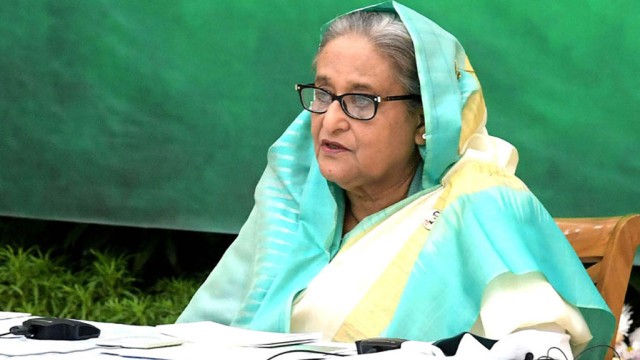

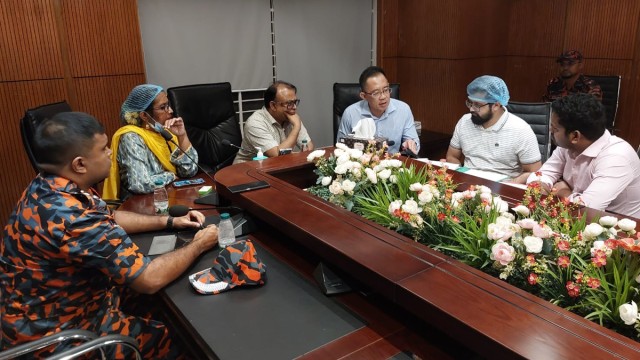

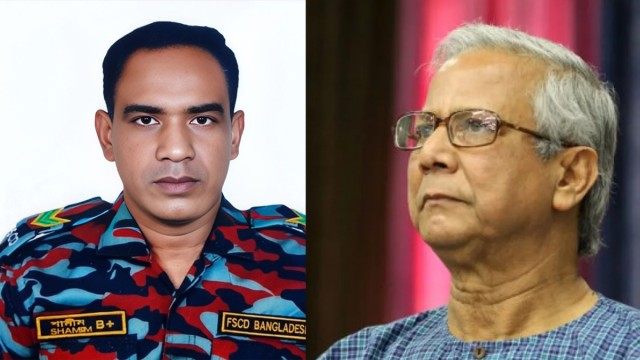



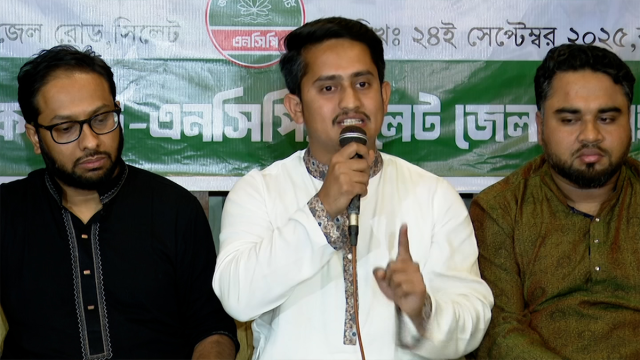

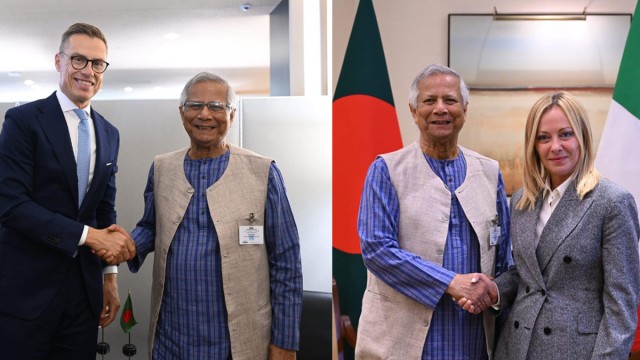






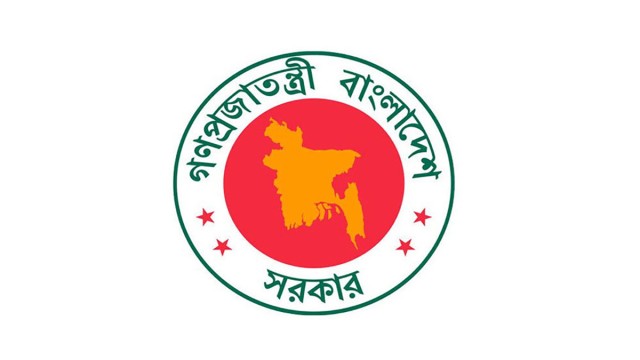



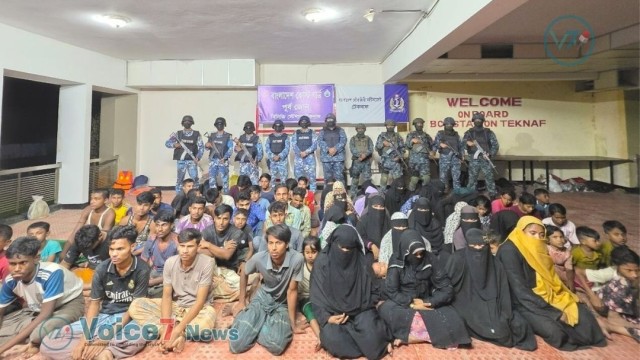

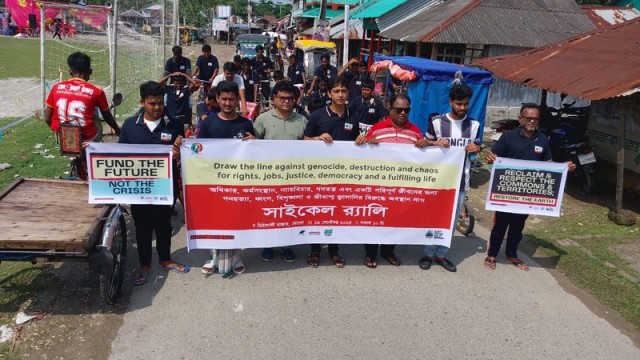
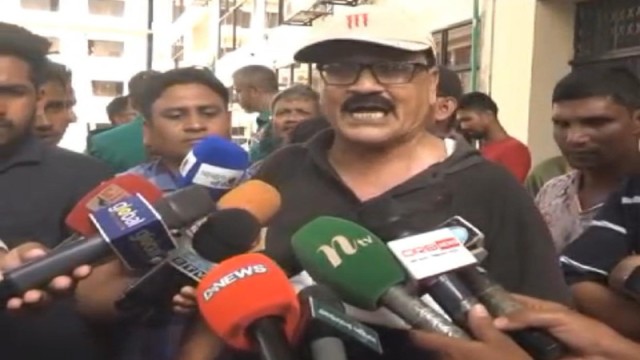
Comment: